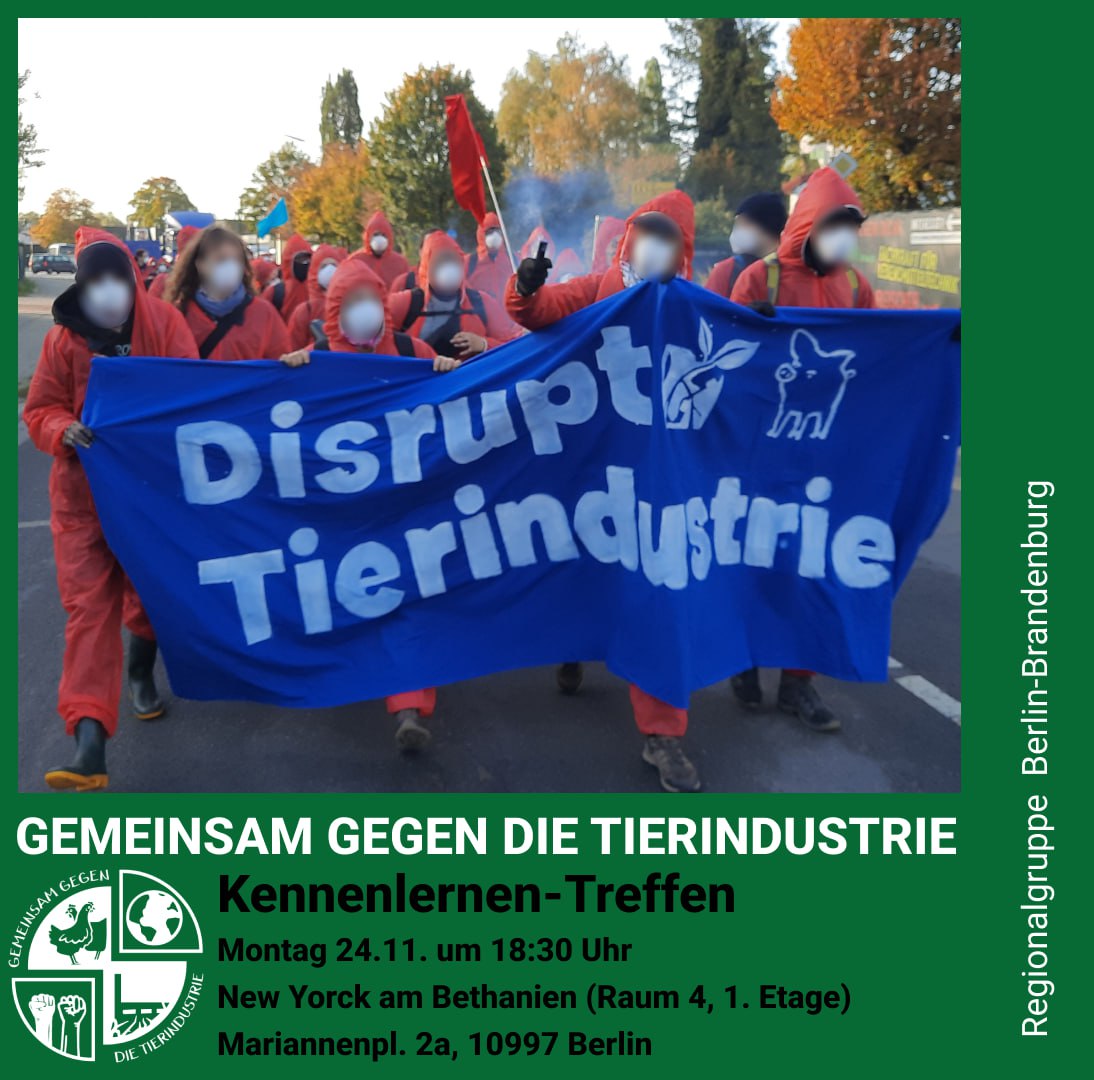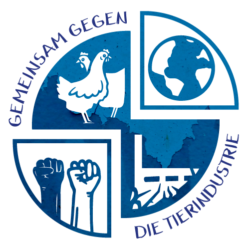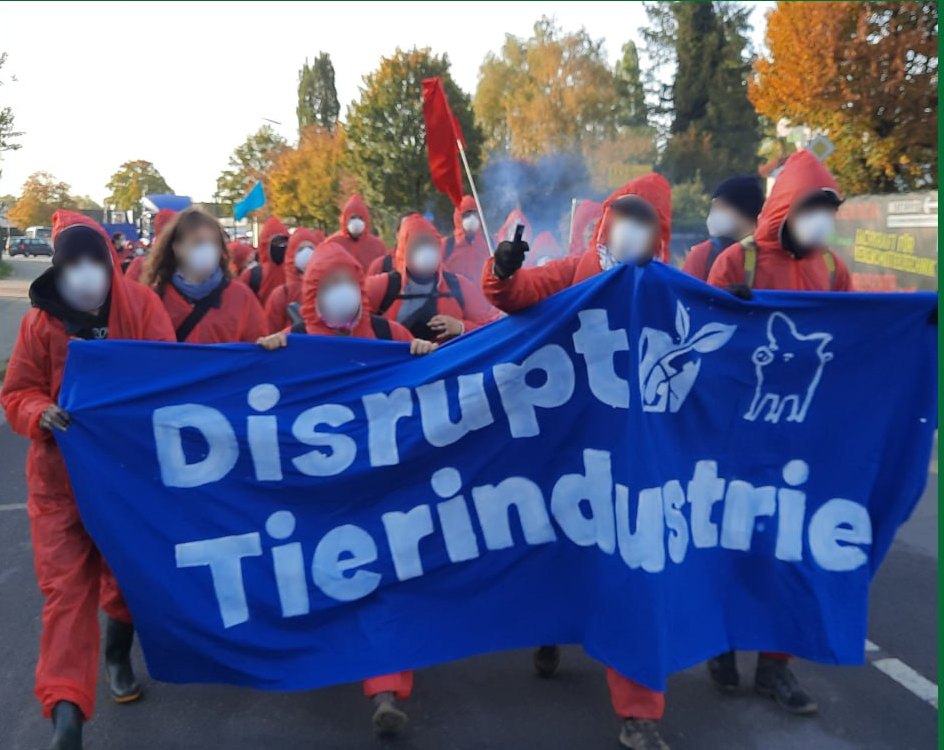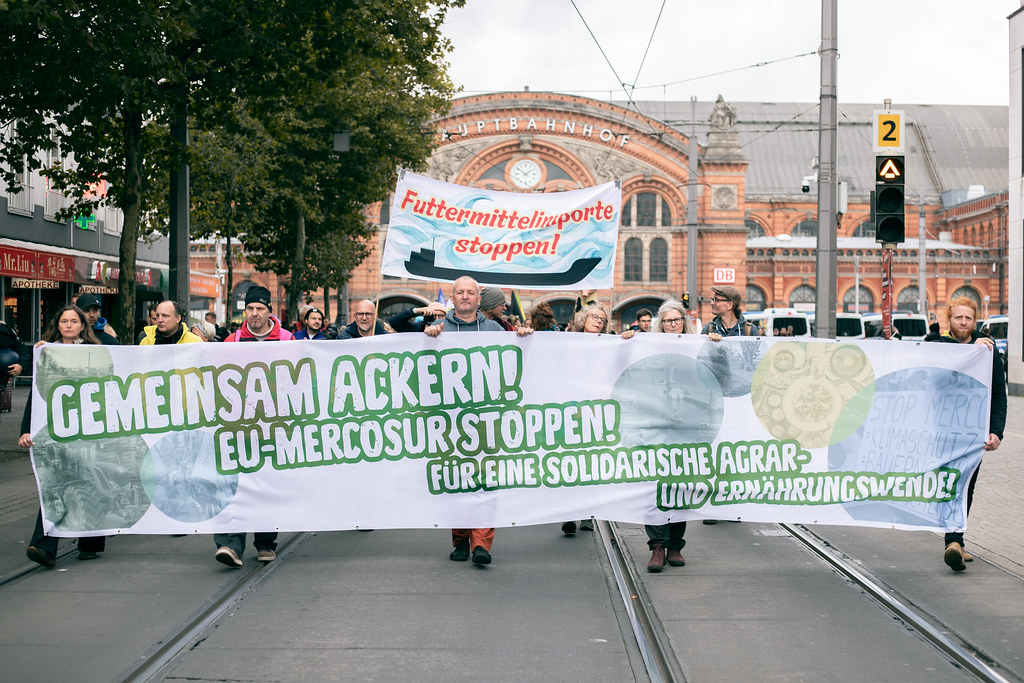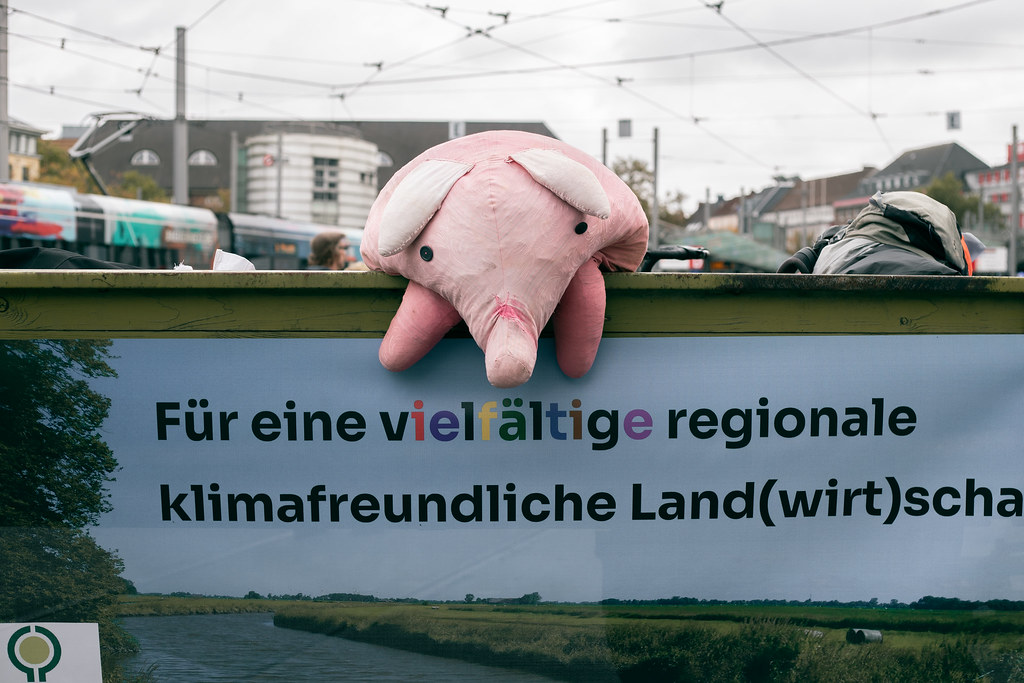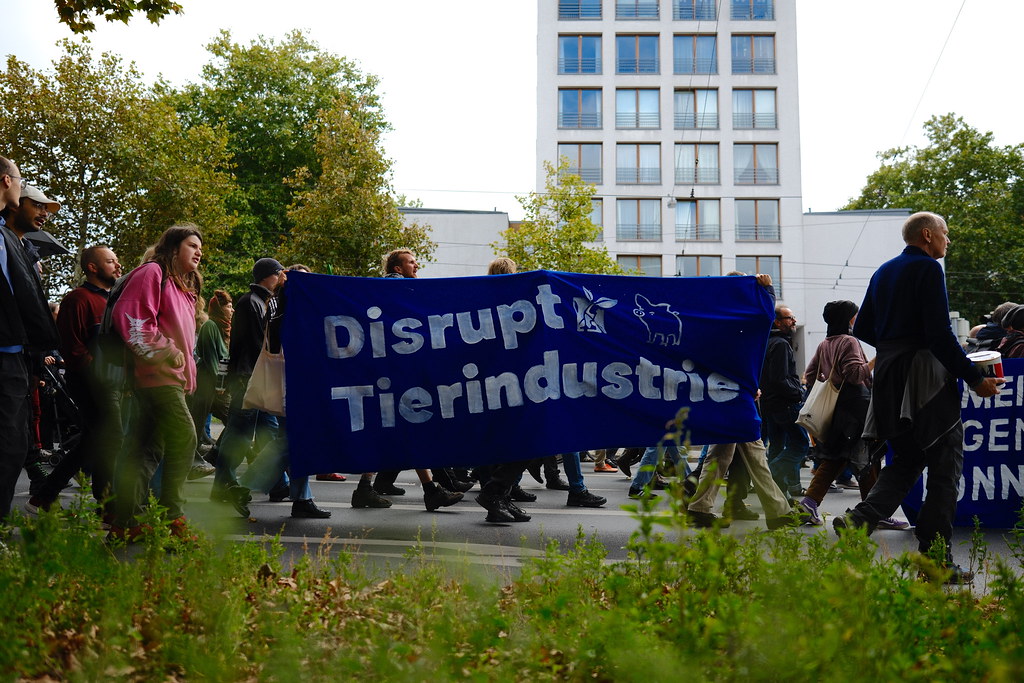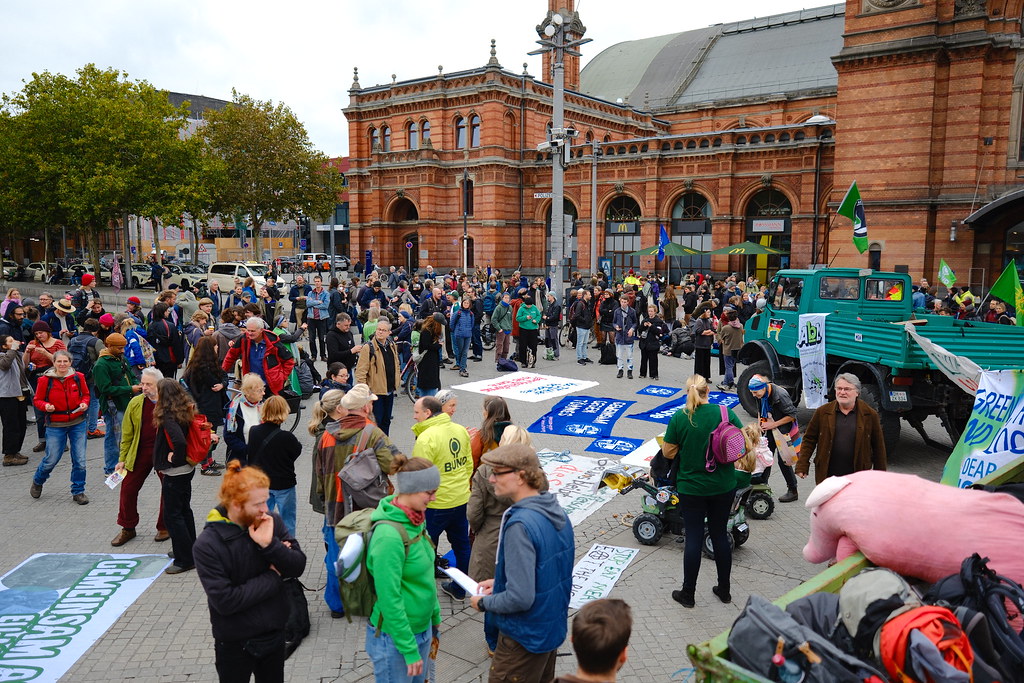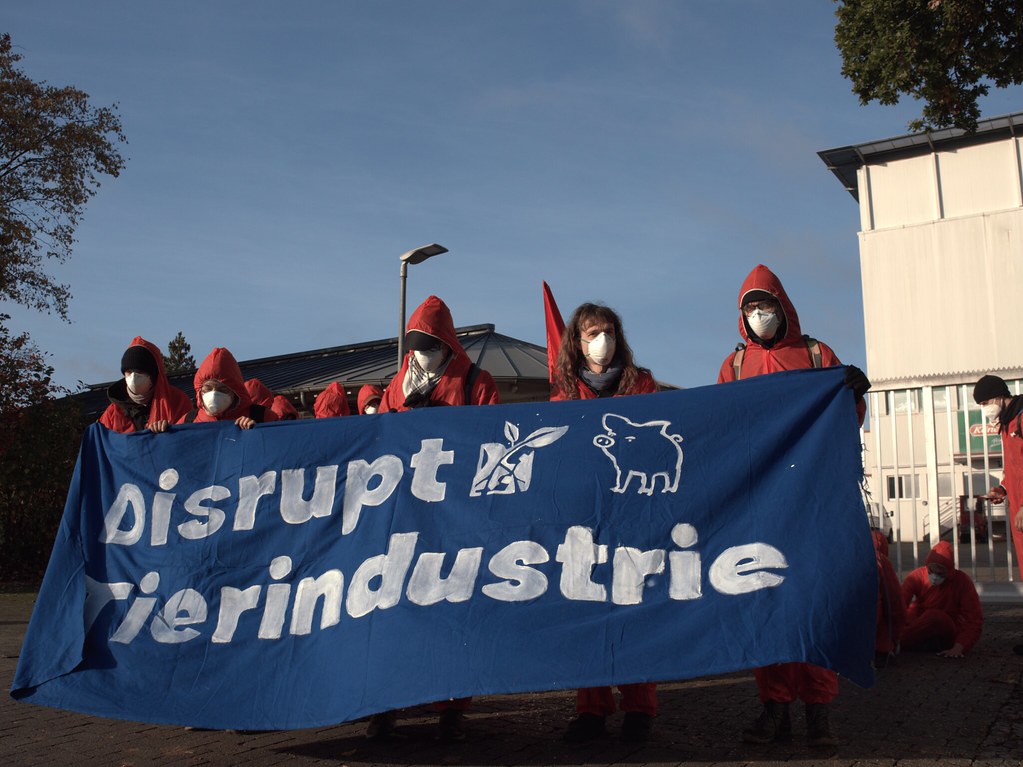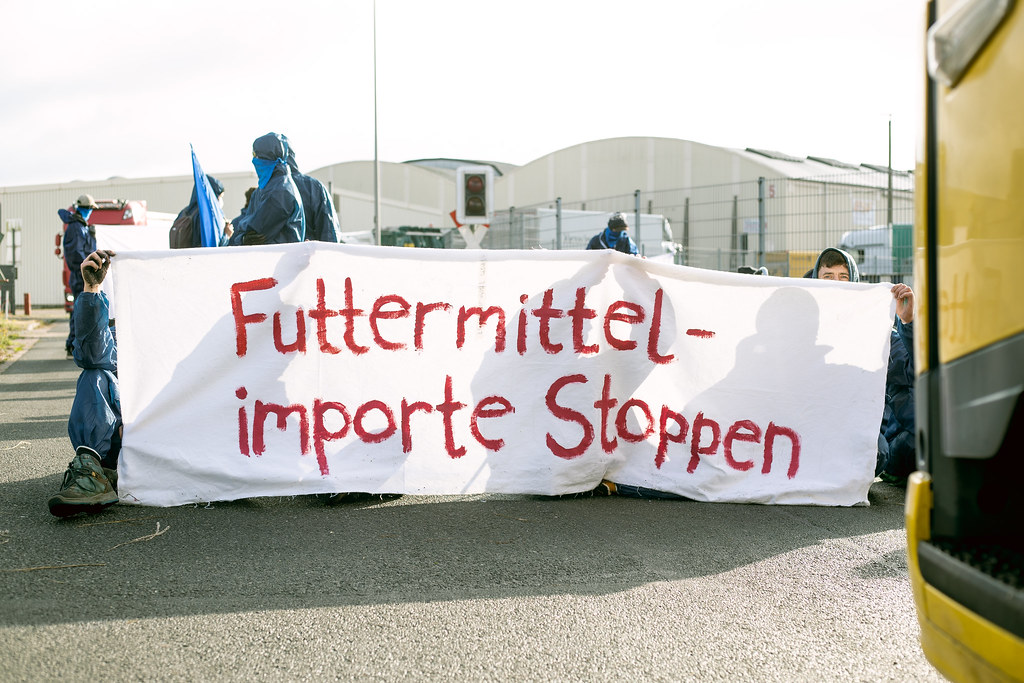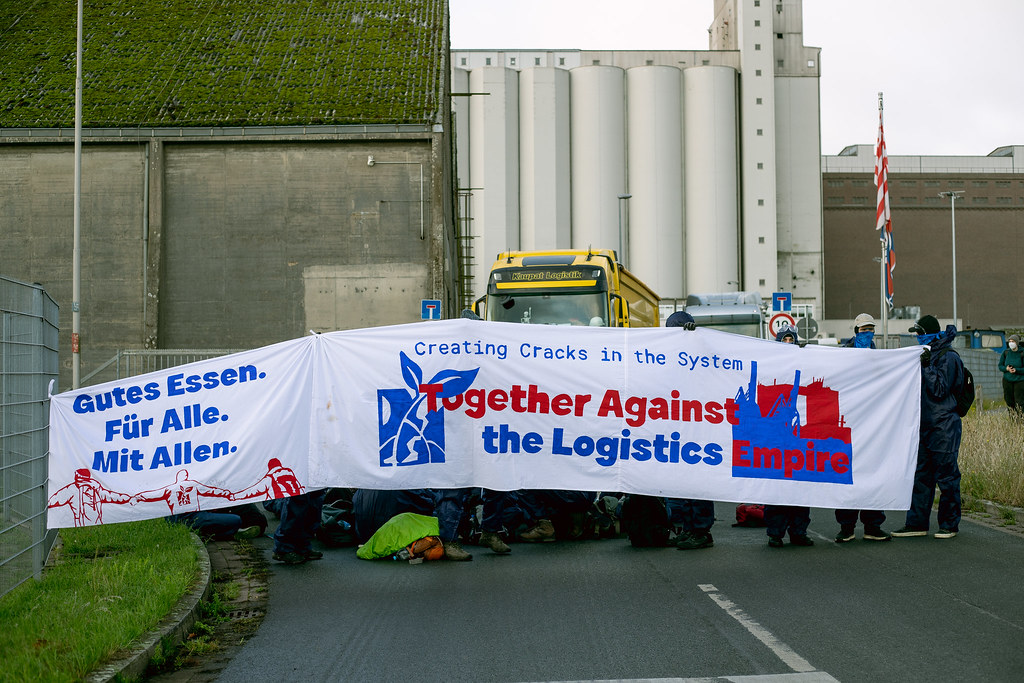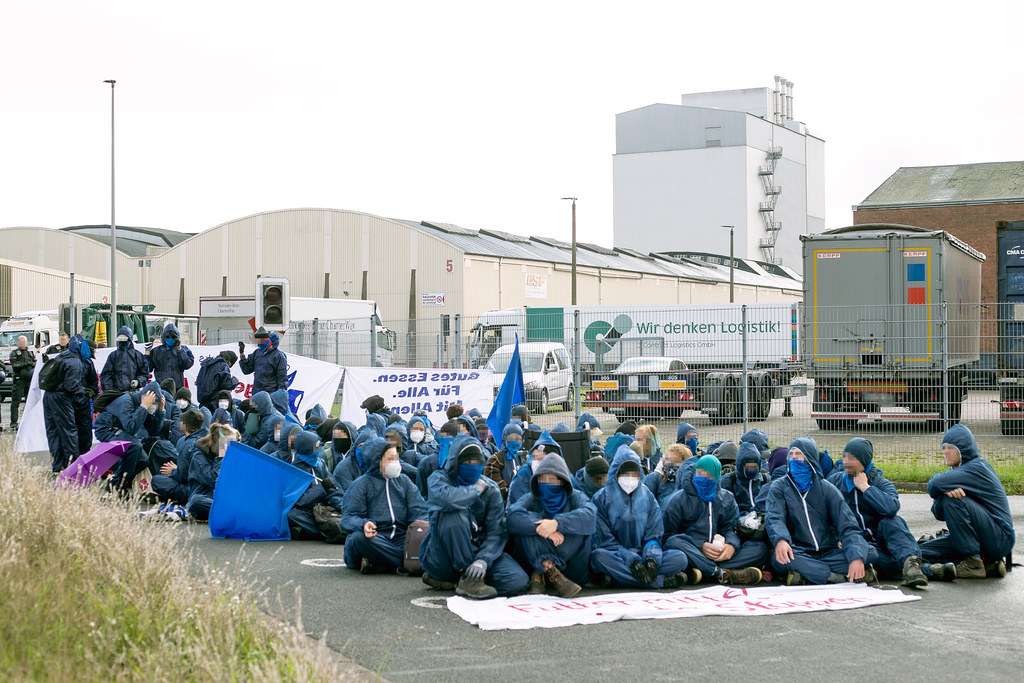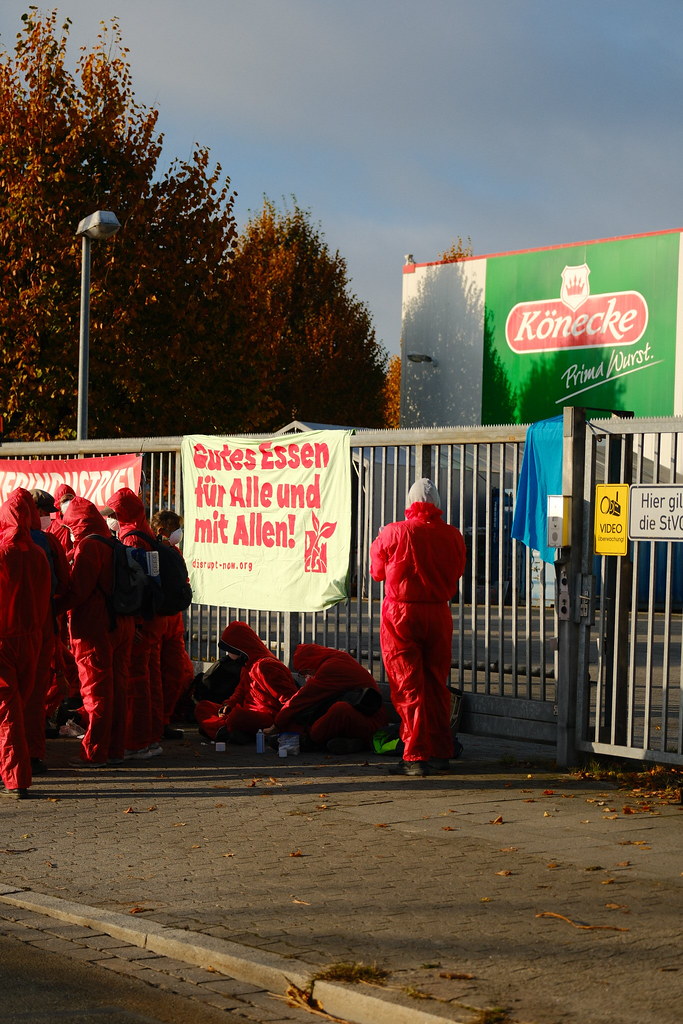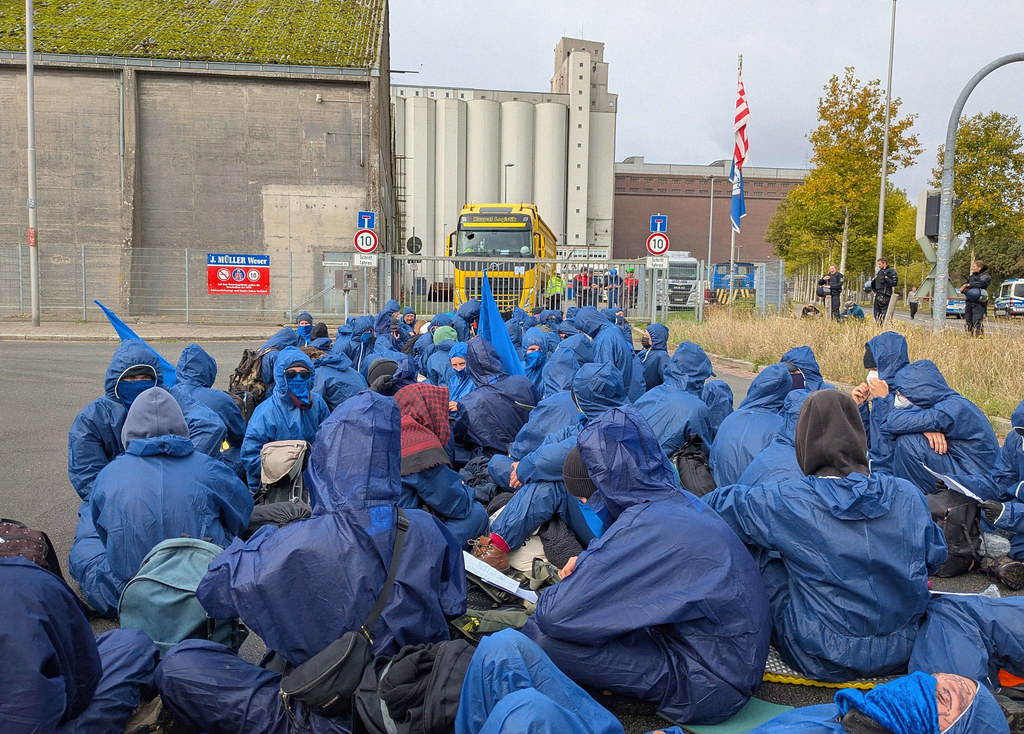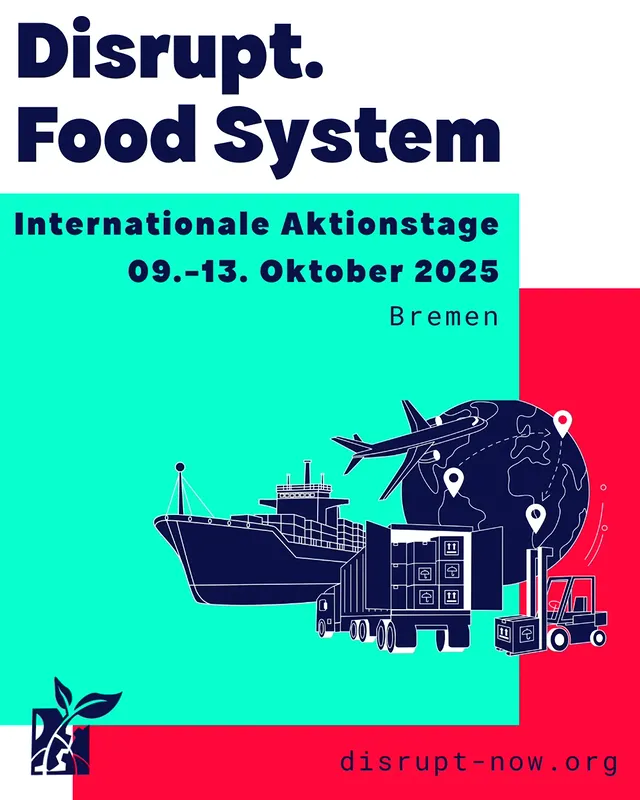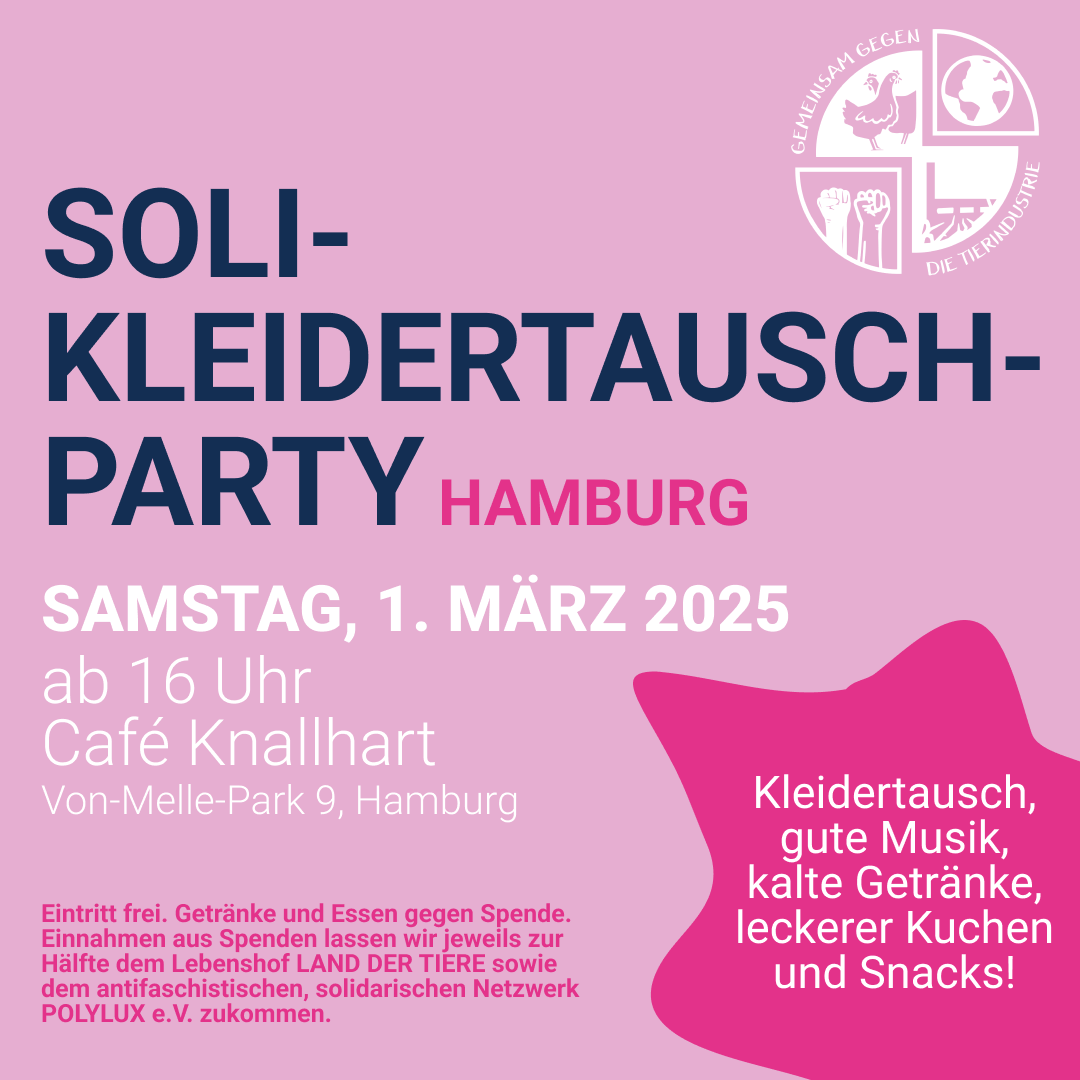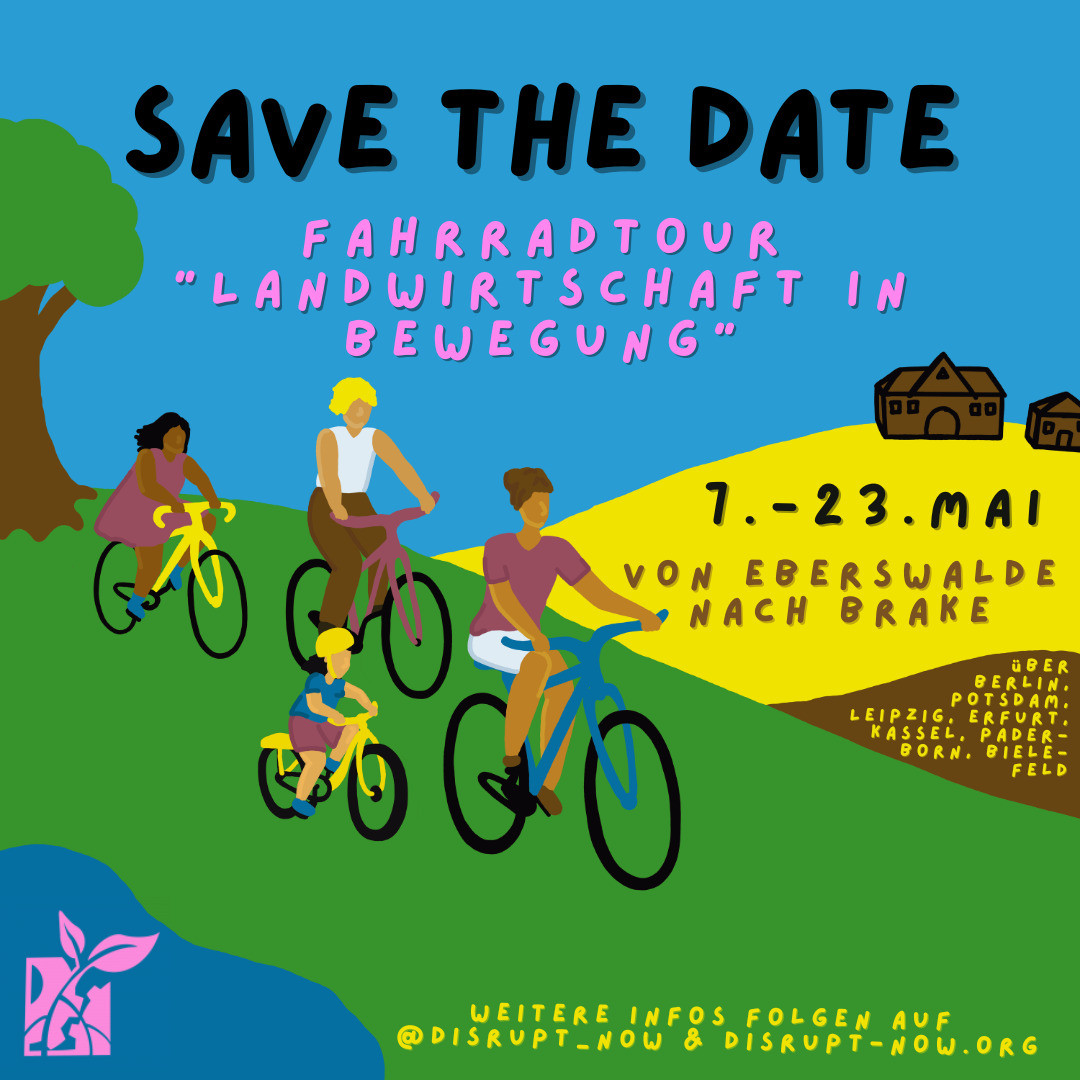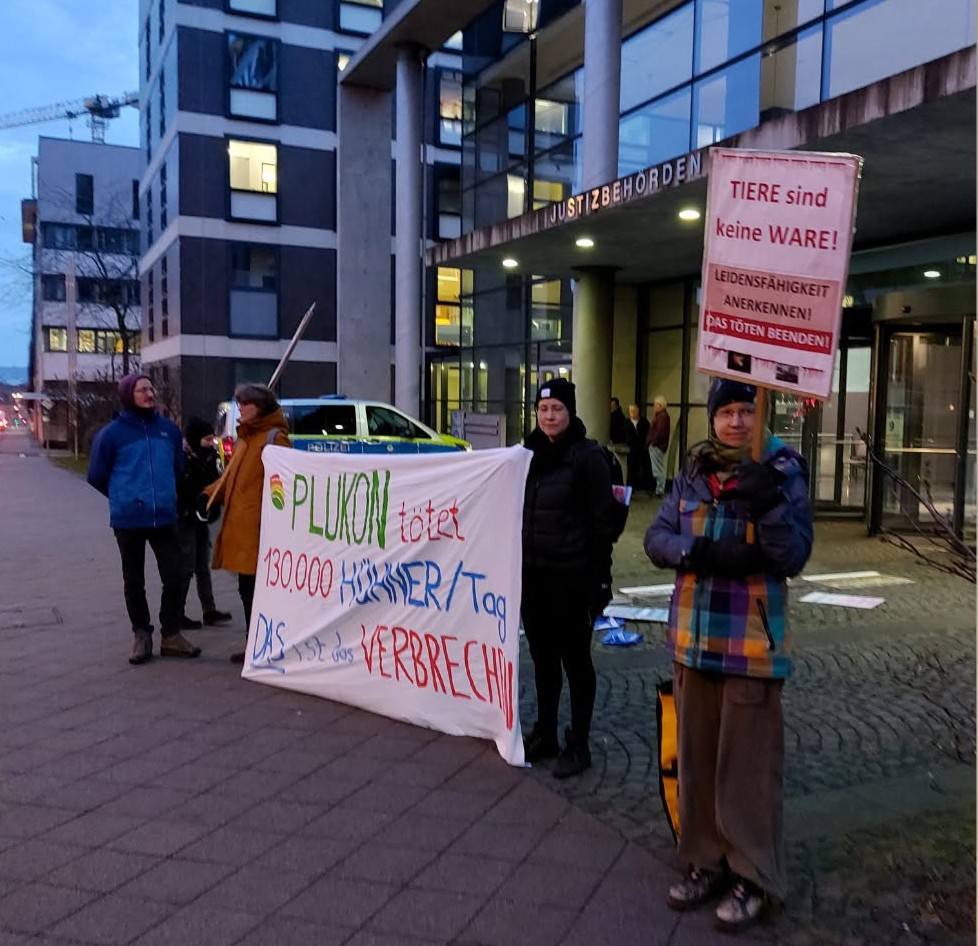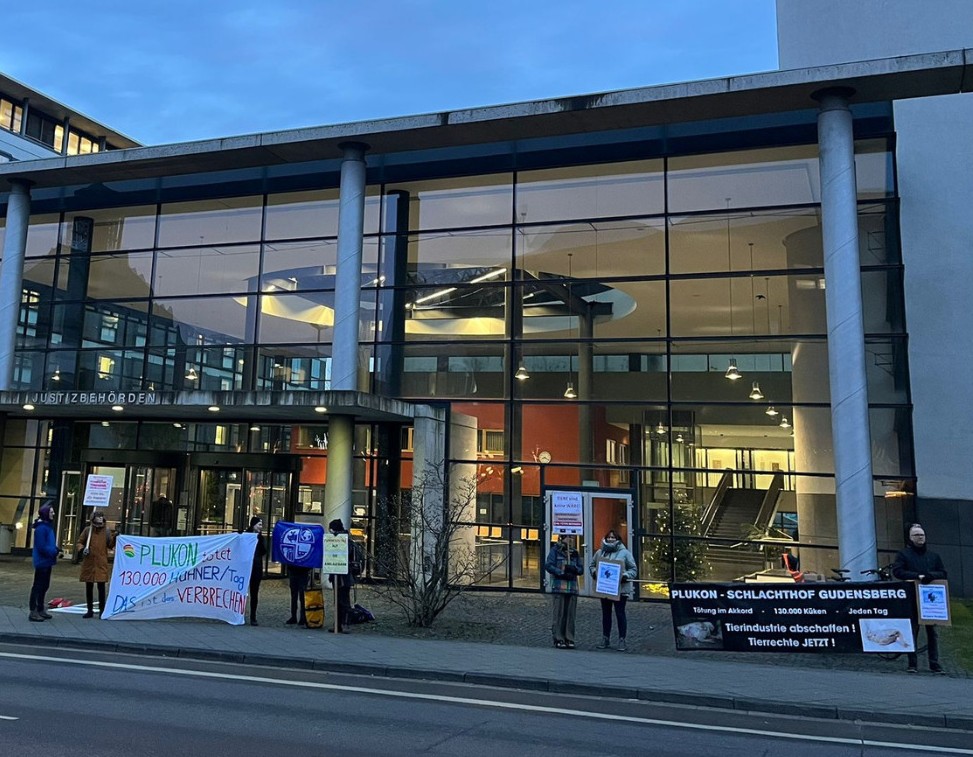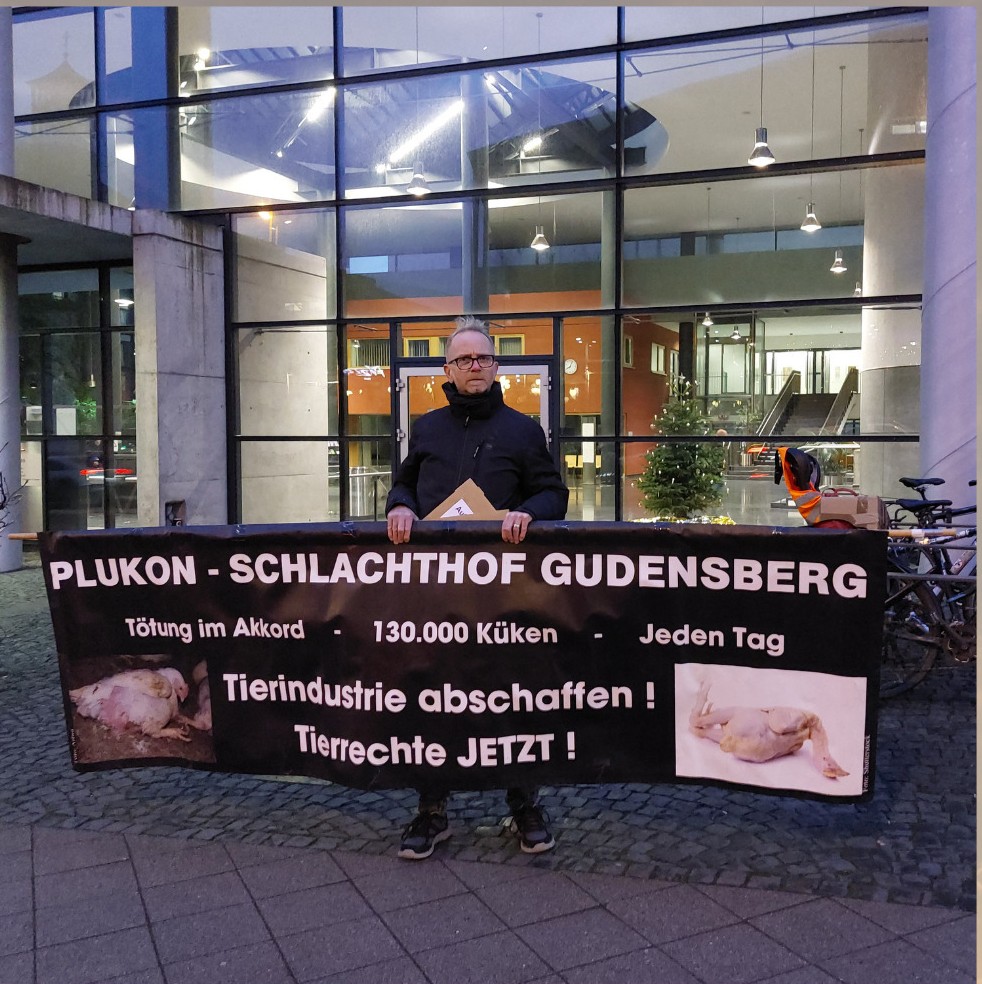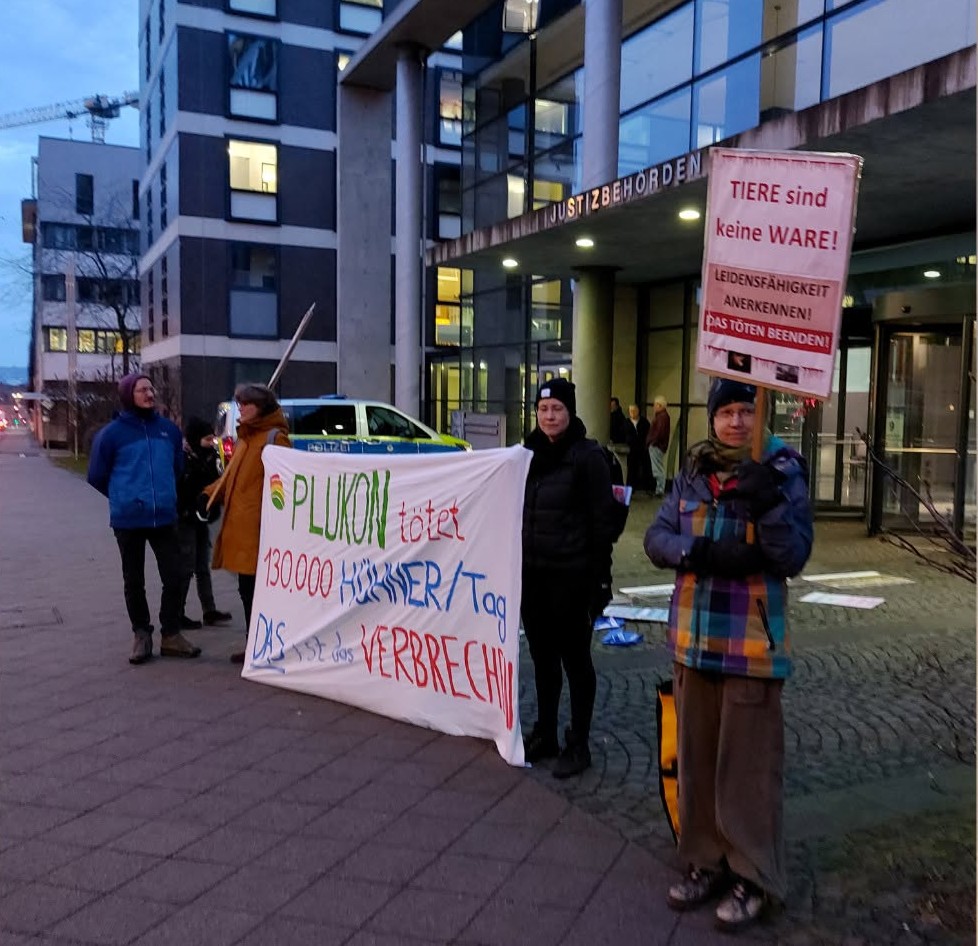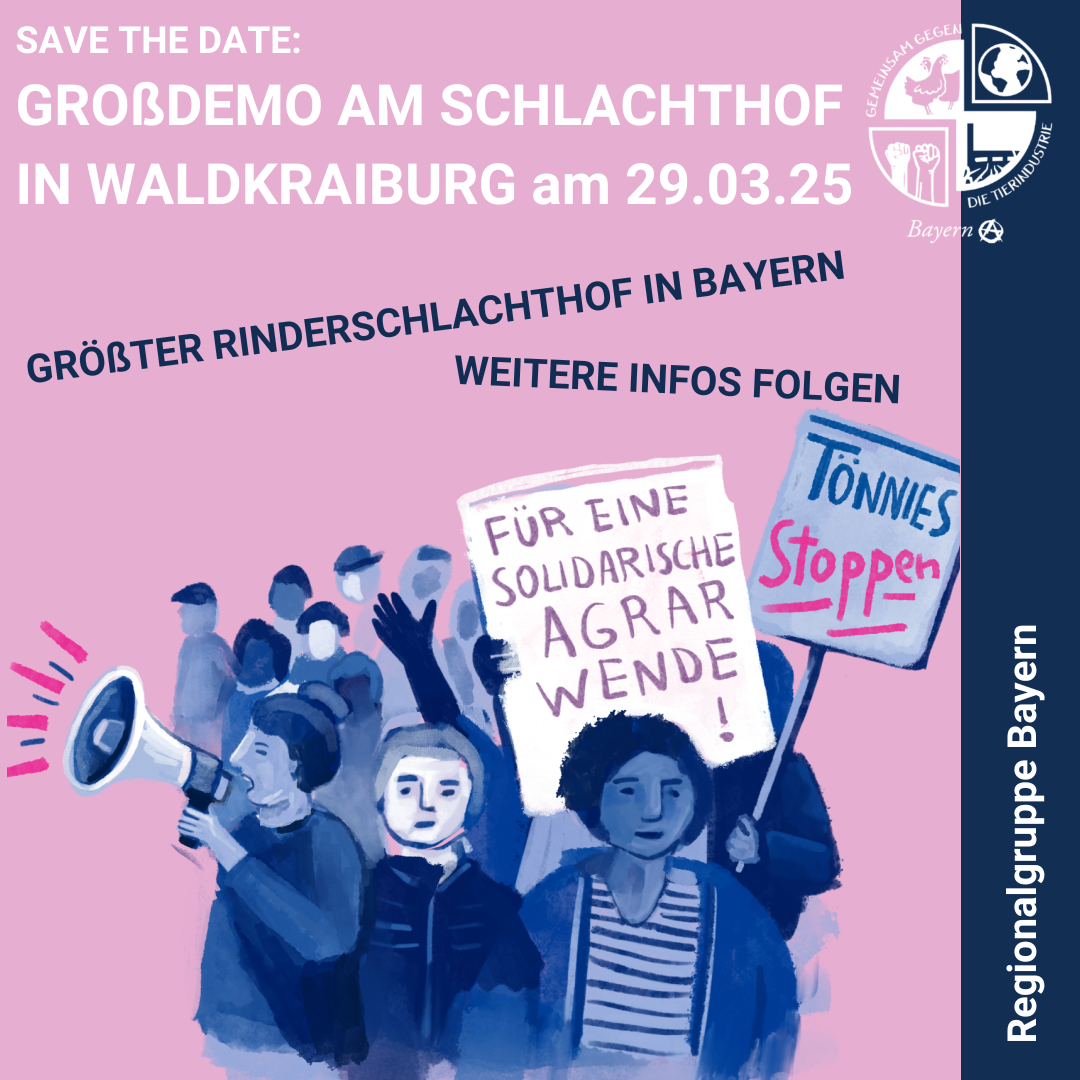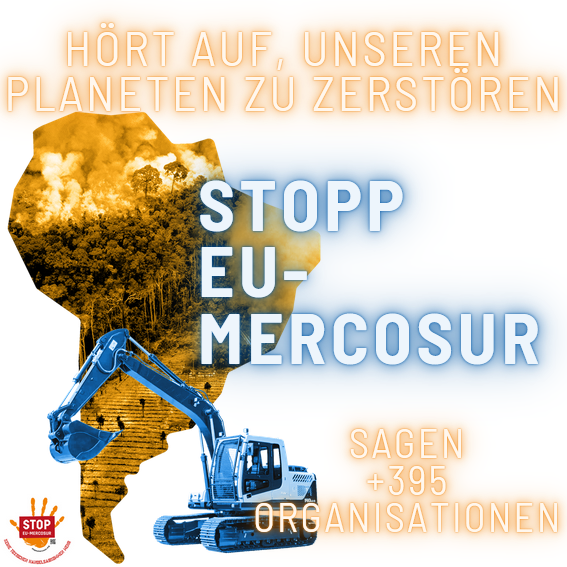After successful and diverse actions during the “Disrupt. Food System” international days of action, we want to keep the energy going! 💥
And locally, too: if you’re interested in getting to know us or perhaps joining Together Against the Animal Industry, come along! We want emancipatory agriculture and a just food transition that puts people, animals, and the environment at the center. To this end, we do public relations work, organize demonstrations, and carry out acts of civil disobedience. Together we can achieve more!
⌚️ When? Monday, November 24, at 6:30 p.m.
📍 Where? New Yorck am Bethanien (Room 4, 1st floor, Mariannenpl. 2a, 10997 Berlin)
Bring your own ideas, motivation, and questions. Or just come by to get to know us and see what we’re all about.
Contact: berlinbrandenburg@gemeinsam-gegen-die-tierindustrie.org
